Hydration is a crucial element in maintaining healthy, vibrant skin. For men, understanding the importance of a good face hydrator and how it integrates into a personal care routine can make a significant difference. Incorporating hydrating skin products into your regimen is essential for achieving optimal results.
This comprehensive guide explores everything you need to know about face hydrators, including their benefits, how to use them, and the best products available frombest products available from Evan Alexander Grooming.
What We’ll Cover
Benefits of Using a Face Hydrator
Why Hydration is Essential for Men's Skin
The Importance of Daily Hydration
Choosing the Right Face Hydrator
Recommended Products from Evan Alexander Grooming
Integrating Face Hydrators into Your Personal Care Routine
Recommended Beard Care Products
The Role of Diet and Lifestyle in Skin Hydration
Avoid Excessive Alcohol and Caffeine
Common Skin Hydration Myths Debunked
Myth 1: Oily Skin Doesn't Need Hydration
Myth 2: Drinking Water is Enough to Hydrate Skin
Myth 3: You Don't Need a Hydrator if You Use a Moisturizer
Frequently Asked Questions (FAQ)
How often should I use a face hydrator?
Can I use a face hydrator if I have oily skin?
Is a face hydrator necessary if I already use a moisturizer?
Can I use beard oil as a face hydrator?
What should I do if I experience irritation after using a face hydrator?
How long does it take to see results with a face hydrator?
Can I use a face hydrator around my eyes?
Is there a difference between day and night face hydrators?
Incorporating a skincare routine that includes hydrating skin care products can significantly enhance your grooming experience.
What is a Face Hydrator?
A face hydrator is a skincare product specifically formulated to deliver moisture to the skin. Unlike heavier creams or oils, hydrators are often lightweight and absorb quickly, making them ideal for daily use. They are designed to penetrate the skin deeply, providing long-lasting hydration and preventing moisture loss.
Benefits of Using a Face Hydrator
- Moisturization: Keeps the skin hydrated, preventing dryness and flakiness.
- Improves Skin Texture: Regular use of a face hydrator can smoothen the skin and improve its texture.
- Prevents Premature Aging: Hydrated skin is more resilient and less prone to fine lines and wrinkles.
- Soothes Irritation: Helps calm the skin and reduce redness and irritation.
Why Hydration is Essential for Men's Skin
Understanding Male Skin
Men’s skin tends to be thicker and oilier than women’s, which can lead to unique hydration needs. Proper hydration helps balance oil production, preventing acne and other skin issues. Including hydrating skin products in your skincare routine can make a noticeable difference. Additionally, a well-hydrated face enhances the appearance of the skin, making it look healthier and more youthful.
The Importance of Daily Hydration
Daily hydration is essential for maintaining skin's elasticity and barrier function. Without adequate moisture, the skin can become dry, leading to irritation, increased sensitivity, and a higher likelihood of developing fine lines and wrinkles. A good face hydrator helps lock in moisture, ensuring that the skin remains supple and resilient.
Choosing the Right Face Hydrator
Key Ingredients to Look For
When selecting a face hydrator, consider the following ingredients in hydrating skin care products:
- Hyaluronic Acid: Known for its ability to retain moisture and keep the skin plump.
- Glycerin: A powerful humectant that attracts water to the skin.
- Aloe Vera: Soothes and hydrates the skin.
- Ceramides: Help restore the skin barrier and retain moisture.
-
Niacinamide: Reduces inflammation and can improve the appearance of pores and uneven skin tone.
Recommended Products from Evan Alexander Grooming
- Beard Oil: While primarily for beard care, this product also hydrates the skin beneath, making it an essential part of men's grooming.
- Beard Conditioners: Conditions and hydrates both the beard and skin.
- Beard Balm: Provides hydration and styling hold.
- Beard Wash: Cleanses without stripping natural oils, maintaining hydration.
How to Use a Face Hydrator
Step-by-Step Guide
- Cleanse Your Face: Start with a clean face. Use a gentle cleanser likeBeard Wash to remove dirt and oil.
- Apply Hydrator: Dispense a small amount of hydrator onto your fingertips.
- Massage into Skin: Gently massage the product into your skin using upward circular motions.
- Follow with Sunscreen: In the morning, follow up with sunscreen to protect your hydrated skin from UV damage. A hydrating moisturizer cream can also be used to lock in moisture.
Best Practices
- Use Twice Daily: Apply your face hydrator in the morning and evening for optimal results.
- Adjust Amount Based on Season: Use more hydrator in dry winter months and less in humid summer months. A face cream for dry skin can be particularly beneficial during colder months.
-
Don't Forget Your Neck: Extend your hydrator application to your neck to ensure this often-forgotten area receives adequate hydration.
Enhancing Absorption
To enhance the absorption of your face hydrator, consider the following techniques:
- Warm Application: Warm the hydrator between your fingers before applying it to help it penetrate the skin more effectively.
- Patting Motion: Instead of rubbing, gently pat the hydrator onto your skin to encourage better absorption.
- Layering: If using multiple skincare products, apply the face hydrator after any serums and before heavier creams or oils.
Integrating Face Hydrators into Your Personal Care Routine
Beard Care and Skin Hydration
Maintaining a well-hydrated face is especially important for men with beards. Hydrating the skin beneath the beard prevents dryness, itchiness, and flakiness, contributing to overall beard health. Men's grooming routines should include hydrating skin care products to ensure both the skin and beard remain healthy.
Recommended Beard Care Products
- Beard Kit: Includes products designed to hydrate and condition your beard and skin.
- Beard Comb: Helps distribute hydrator evenly through your beard.
- Beard Balm: Provides additional moisture and helps style your beard.
Advanced Hydration Techniques
- Derma Rolling: Using a derma roller like the Beard Derma Roller can enhance product absorption by creating micro-channels in the skin.
- Hot Towel Treatment: Apply a hot towel to your face before using a hydrator to open up your pores and allow for deeper absorption.
Weekly Hydration Boost
Incorporate a weekly hydration boost into your routine to keep your skin in top condition:
- Hydrating Masks: Use a hydrating face mask once a week for an intensive moisture boost.
- Overnight Treatments: Apply a thicker layer of face hydrator before bed once a week to allow it to work overnight.
The Role of Diet and Lifestyle in Skin Hydration
Maintaining hydrated skin isn't solely about topical treatments; it significantly depends on diet and lifestyle choices. Here's how you can support your skin's hydration from the inside out:
Stay Hydrated
Drinking plenty of water is crucial for maintaining hydrated skin. Aim for at least 8 glasses of water a day. Proper hydration helps maintain the skin's elasticity and suppleness, reducing the appearance of fine lines and wrinkles. Water supports overall skin health by aiding in the transportation of nutrients and the removal of toxins.
Sources:"Hydration and Skin Health," "The Importance of Hydration for Skin"
Eat a Balanced Diet
Incorporate foods rich in omega-3 fatty acids, antioxidants, and vitamins to support skin health from the inside out. Omega-3 fatty acids, found in fish like salmon and flaxseeds, help maintain the skin's lipid barrier, essential for keeping moisture in. Antioxidants, found in fruits and vegetables, protect the skin from oxidative stress, while vitamins A, C, and E play crucial roles in skin repair and regeneration.
Sources:"Nutrition and Skin Health," "Diet and Skin Hydration"
Avoid Excessive Alcohol and Caffeine
Both alcohol and caffeine can dehydrate the skin, so consume them in moderation. Alcohol can impair the skin's barrier function, leading to increased water loss. Caffeine, while having some antioxidant properties, can act as a diuretic, potentially leading to dehydration if consumed in large amounts.
Sources: "Effects of Alcohol on Skin," "Caffeine and Skin Health"
Get Adequate Sleep
Quality sleep allows your skin to repair and rejuvenate, enhancing its ability to retain moisture. During sleep, the body increases blood flow to the skin, promoting collagen production and cell repair. Lack of sleep can lead to a dull complexion and dehydrated skin.
Sources:"The Connection Between Sleep and Skin Health," "Sleep and Skin Regeneration"
Manage Stress
Stress can negatively impact your skin’s hydration levels and overall health. Chronic stress increases the production of cortisol, a hormone that can break down collagen and lead to skin dryness. To keep your skin healthy, practice stress management techniques such as exercise, meditation, and deep breathing exercises.
Sources:"Stress and Skin Health," "The Impact of Stress on Skin Hydration"
Common Skin Hydration Myths Debunked
Myth 1: Oily Skin Doesn't Need Hydration
Fact: Even oily skin needs hydration. It is a common misconception that hydrating oily skin will make it oilier. In reality, using a lightweight, non-comedogenic hydrator can help balance oil production and prevent the overproduction of sebum. When the skin is dehydrated, it can signal the sebaceous glands to produce more oil to compensate for the lack of moisture, potentially leading to clogged pores and breakouts. Hydrating oily skin helps maintain its moisture balance without exacerbating oiliness.
- Sources: "Understanding Acne and Oily Skin: The Role of Hydration," "Sebum Production and Hydration"
Myth 2: Drinking Water is Enough to Hydrate Skin
Fact: While drinking water is essential for overall health and helps maintain internal hydration, it is not sufficient for keeping the skin's surface hydrated. Topical hydration is necessary to maintain the skin's moisture barrier and prevent dryness. The skin’s outer layer, the stratum corneum, needs direct application of hydrating agents to retain moisture effectively. Ingredients such as hyaluronic acid and glycerin are particularly effective in drawing moisture into the skin and keeping it hydrated.
- Sources: "Hydration and the Skin: The Role of Topical Hydration," "Effects of Hyaluronic Acid and Glycerin on Skin Hydration"
Myth 3: You Don't Need a Hydrator if You Use a Moisturizer
Fact: Hydrators and moisturizers serve different purposes in skincare. A hydrator adds moisture deep into the skin by using humectants that attract water from the environment and deeper layers of the skin. In contrast, a moisturizer helps lock in that hydration by creating a barrier on the skin's surface to prevent water loss. This barrier can include occlusive agents like oils and butters that seal in moisture and keep the skin soft and smooth. For optimal skin hydration, especially for those with dry skin, it is beneficial to use both a hydrator and a moisturizer.
- Sources: "Moisturizers vs. Hydrators: Understanding the Difference," "Topical Hydration and Skin Moisture Retention"
By understanding and debunking these common myths, individuals can better tailor their skincare routines to maintain hydrated, healthy skin.
Frequently Asked Questions (FAQ)
How often should I use a face hydrator?
It is recommended to use a face hydrator twice daily, once in the morning and once in the evening.
Can I use a face hydrator if I have oily skin?
Yes, using a lightweight, non-comedogenic face hydrator can help balance oil production and keep your skin hydrated without clogging pores.
Is a face hydrator necessary if I already use a moisturizer?
While moisturizers are beneficial, a face hydrator specifically targets hydration by delivering moisture deep into the skin, making it a valuable addition to your routine.
Can I use beard oil as a face hydrator?
Yes, products likebeard oil can hydrate both your beard and the skin underneath, serving as a dual-purpose product.
What should I do if I experience irritation after using a face hydrator?
If irritation occurs, discontinue use immediately and consult with a dermatologist. A specific ingredient in the hydrator may be causing a reaction, and a different formulation might be better suited for your skin.
How long does it take to see results with a face hydrator?
You may notice immediate hydration benefits, but for long-term improvements in skin texture and appearance, it can take several weeks of consistent use.
Can I use a face hydrator around my eyes?
Yes, but be cautious and gentle when applying products around the delicate eye area. If you have sensitive skin, consider using a hydrator specifically formulated for the eye area.
Is there a difference between day and night face hydrators?
Day hydration often contains antioxidants and SPF to protect the skin from environmental damage, while night hydration may include ingredients like retinol or peptides that work best during the skin's nighttime repair cycle.
Conclusion
Hydration is a cornerstone of healthy skin, especially for men who face unique challenges such as thicker skin and more active oil glands. Incorporating a face hydrator into your daily routine can dramatically improve your skin’s health and appearance. By choosing high-quality products from Evan Alexander Grooming and following a consistent skin care regimen, you can achieve and maintain vibrant, hydrated skin.
For more information on the best grooming products and to enhance your personal care routine, visit Evan Alexander Grooming. With the right products and practices, maintaining healthy, well-hydrated skin is within reach, helping you look and feel your best every day.




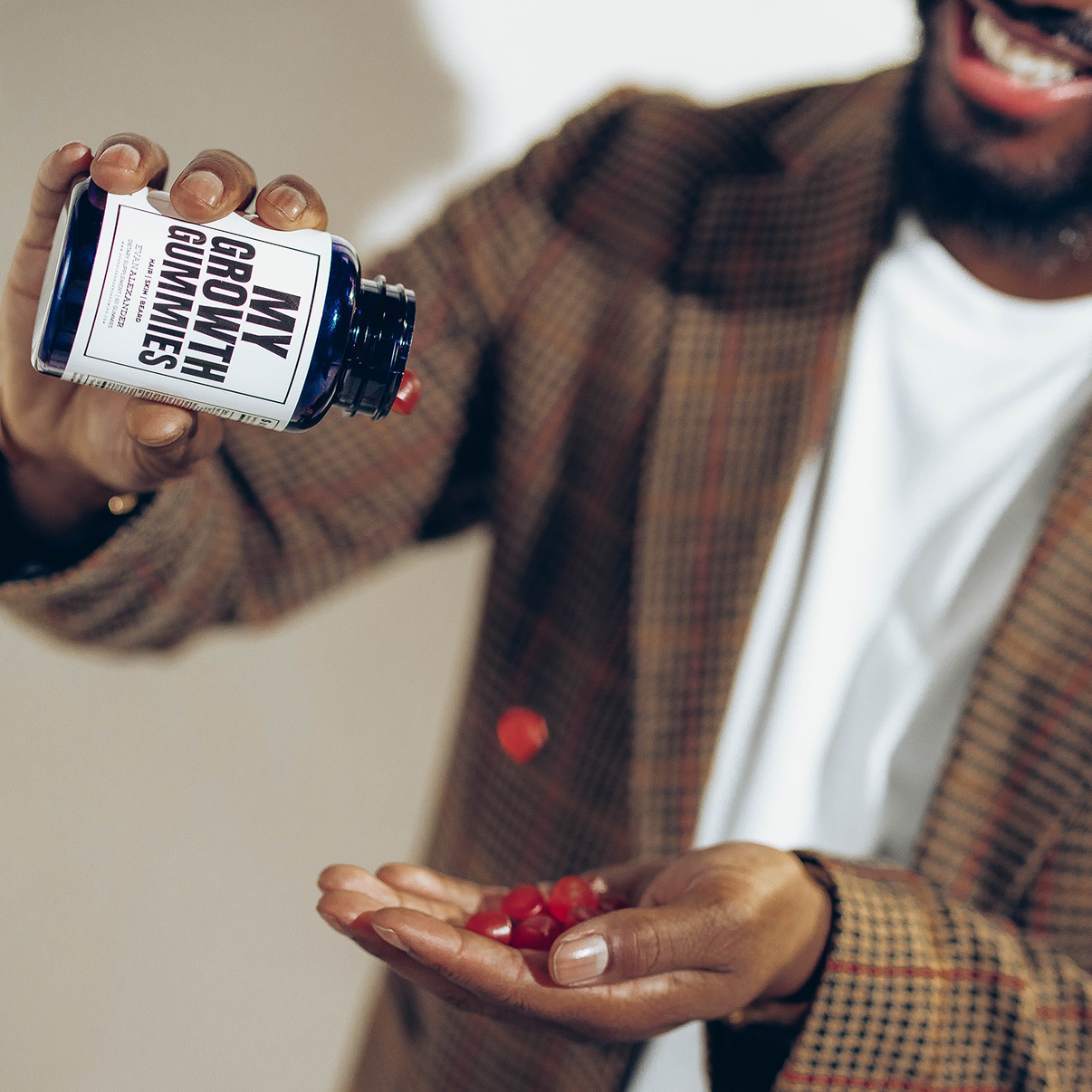
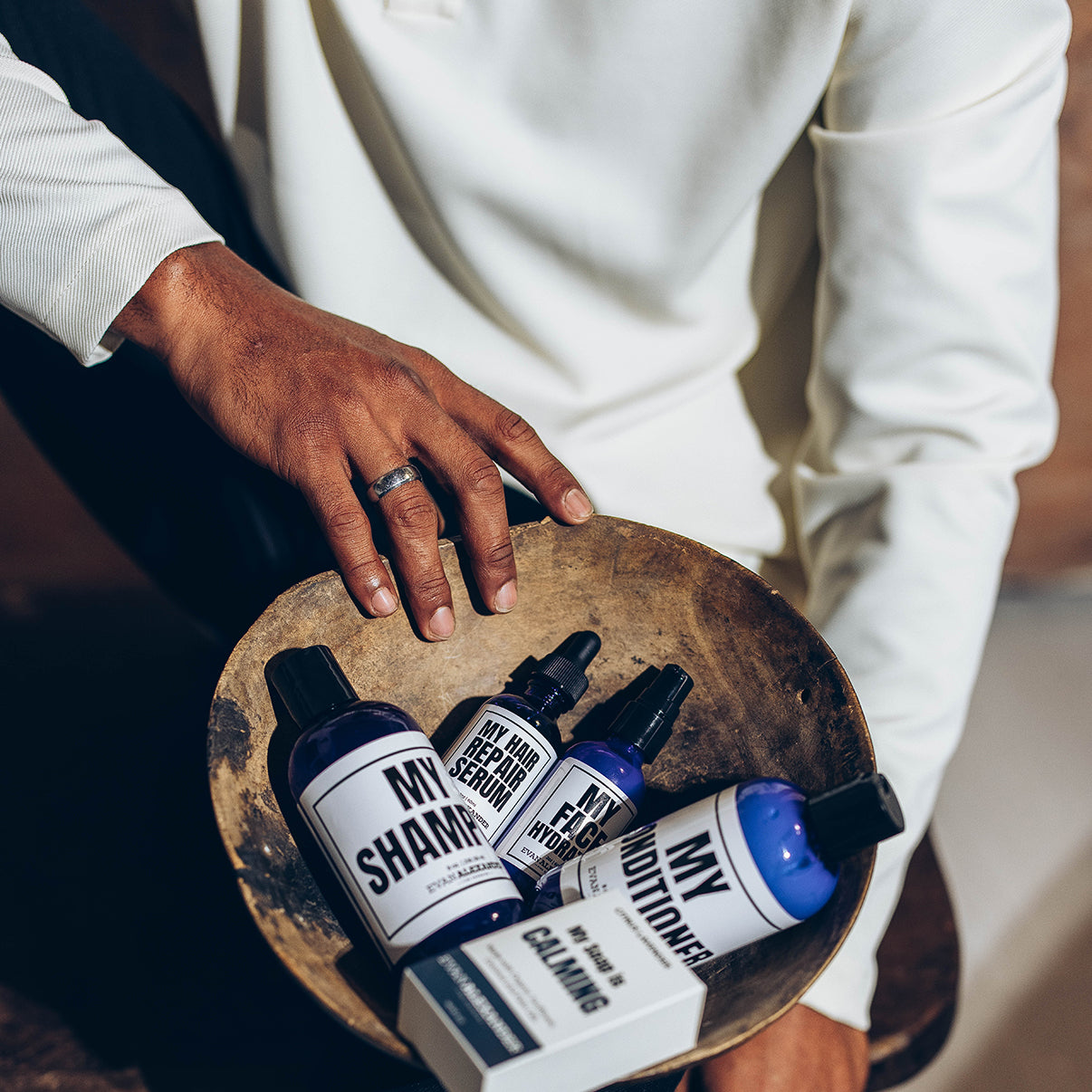
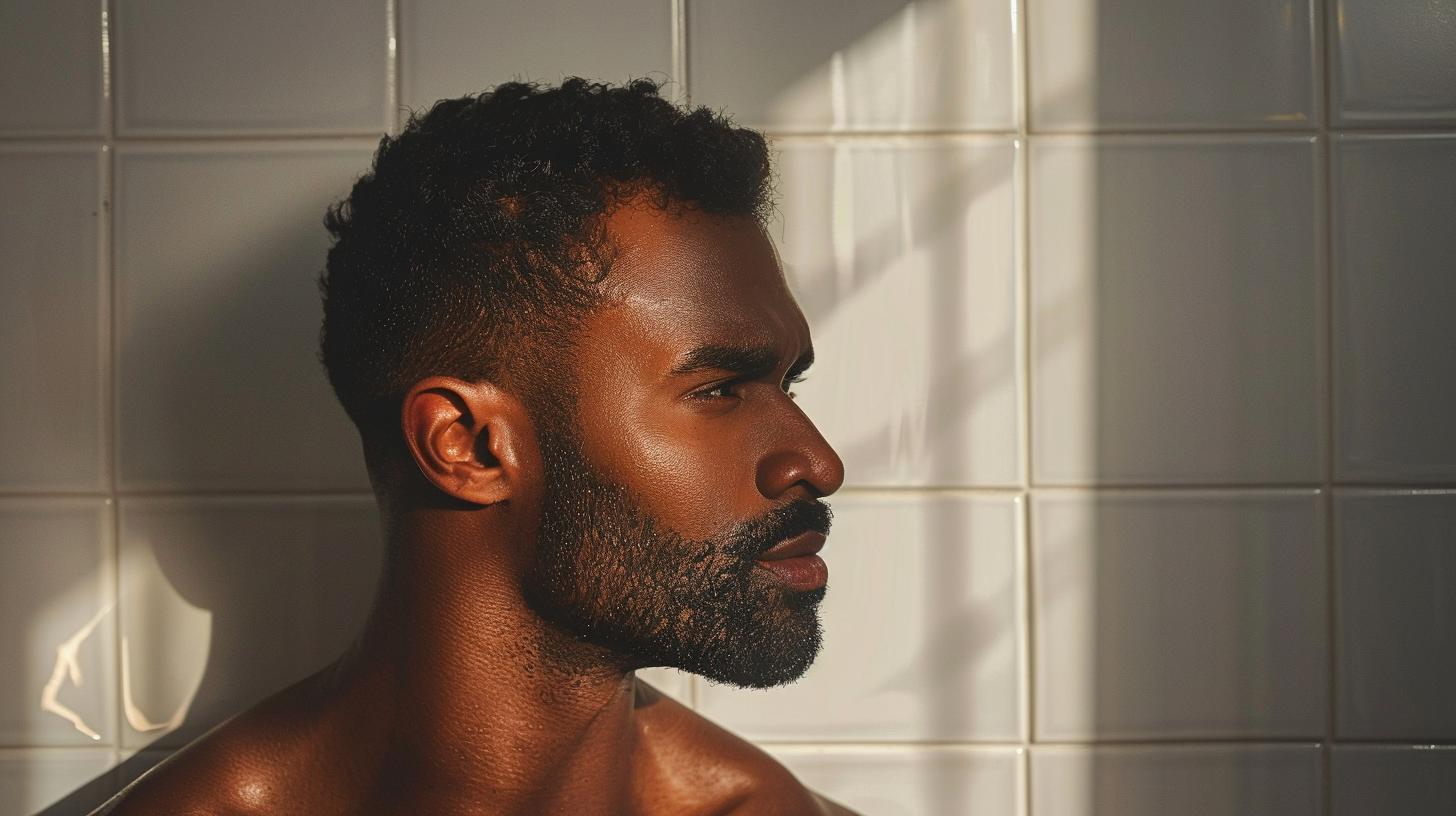
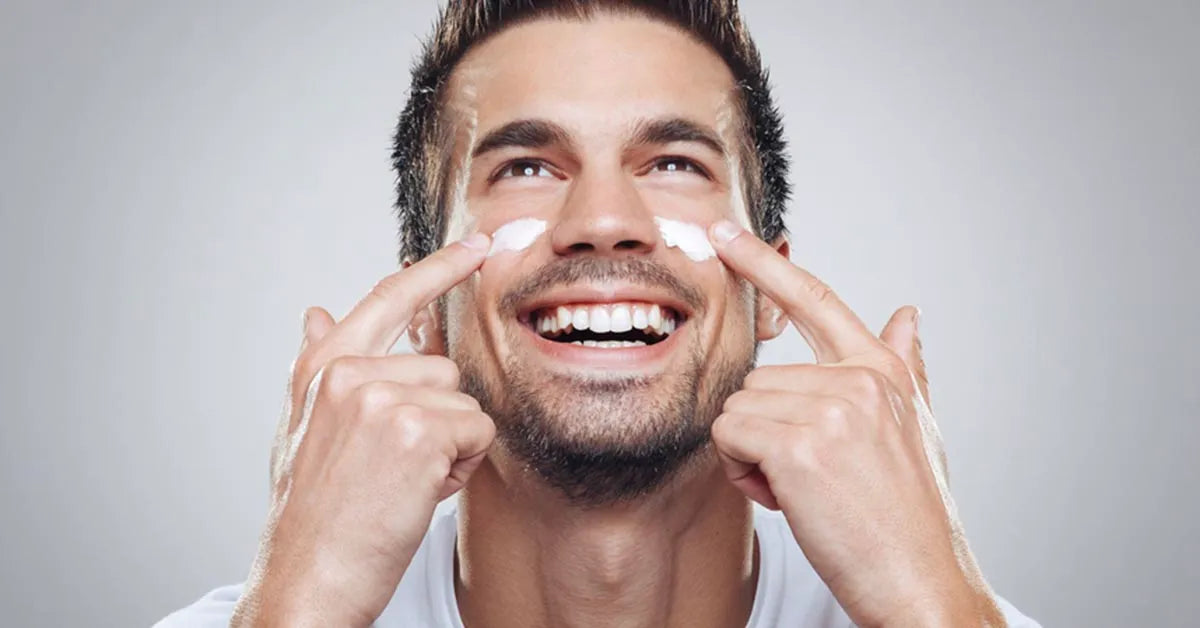
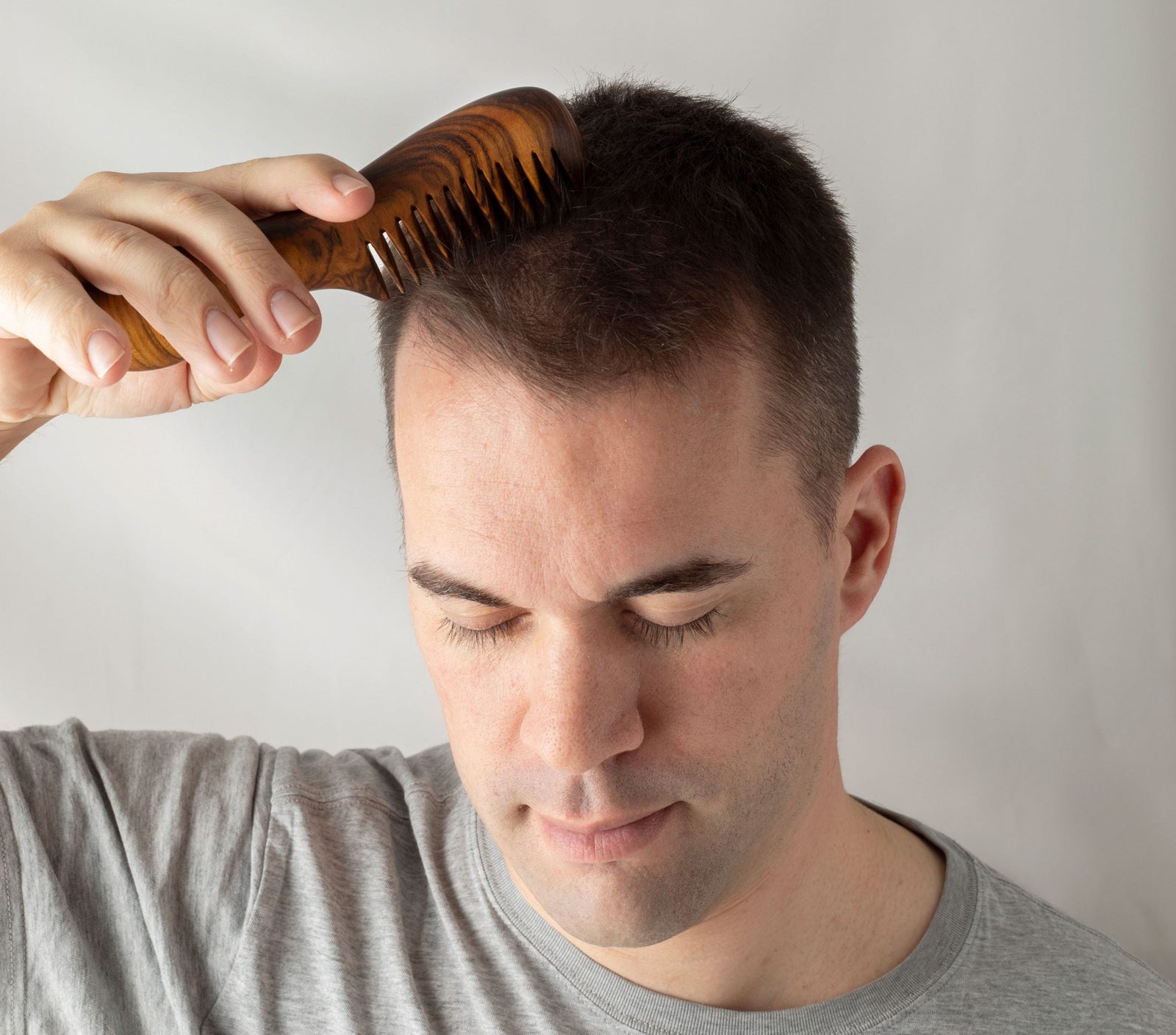

Leave a comment (all fields required)